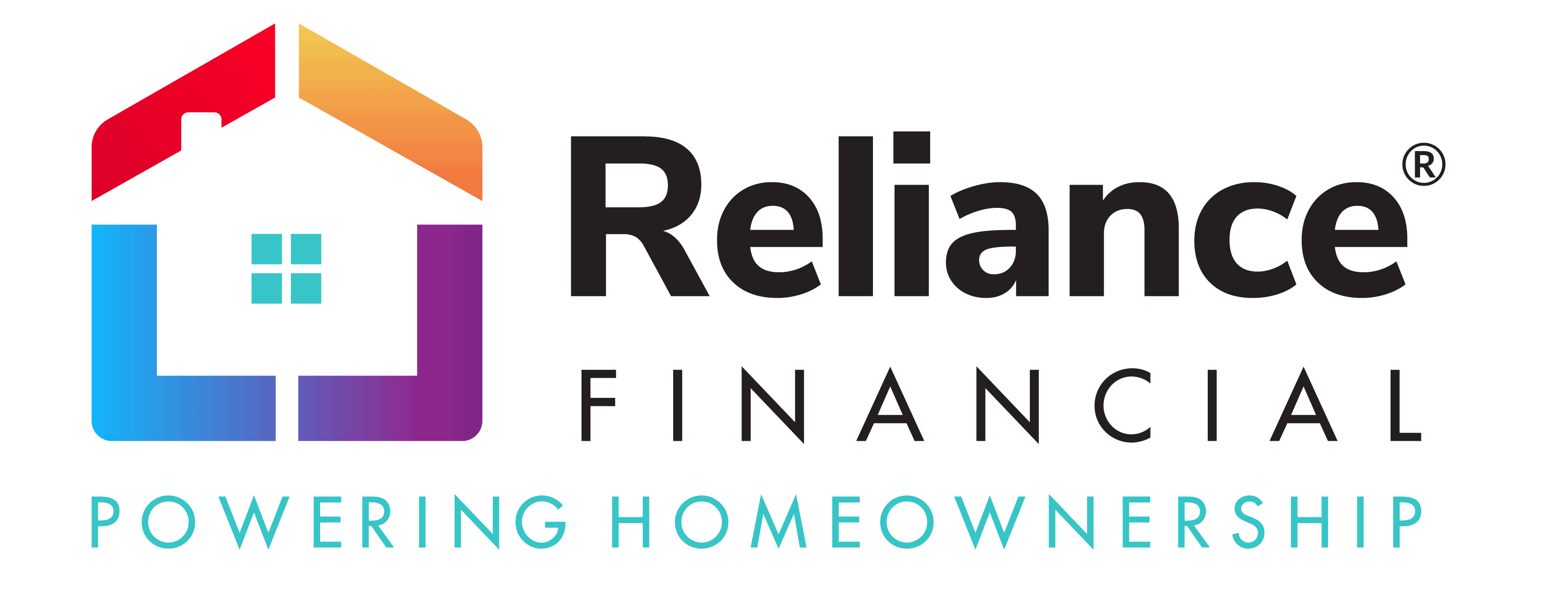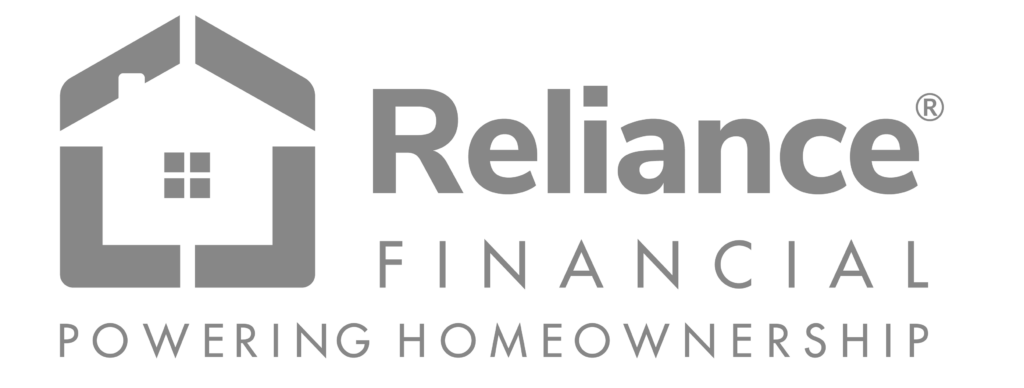Current Mortgage Rates Texas TX – Texas ranks among the fastest-growing states in the US. An affordable cost of living, temperate weather, and booming job market make this state a win for newcomers. Observing such rising competition among prospective buyers, it is important to secure the best mortgage rates Texas to afford your dream home.
It makes sense why American residents are moving to the Lone Star State when you also consider its rich culture and reasonable cost of living. Furthermore, Texas is also among the very few states which don’t impose a personal or state tax.
Texas Policies On Mortgage
According to SmartAsset, getting a mortgage in Texas is a very consumer-friendly process. This is because the state government has put several consumer protections in place that help prevent property foreclosures. The regulations governing mortgages in Texas are willing to restrict the amount of risk that property owners may assume.
Also, Check – Mortgage Lenders Texas
For example, one of the regulations includes that a home’s total mortgage debt cannot exceed 80% of the property’s market value. This ensures that you can’t pile on a second home equity loan only to end up owing more than the worth of the property, especially if property values decline.
In Texas, mortgage fees and costs are capped at 3% of the loan principal. Moreover, on a refinance transaction, even after signing your loan documents on a mortgage, you have three days to change your mind and cancel the transaction without having to pay a penalty for doing so.
National and Texas Mortgage Rate Trends
As per Forbes, the cost of borrowing is rising. This continuous rise in mortgage interest rates will impact the homeowners and borrowers equally. After seeing the largest quarterly increase in 28 years in the first quarter, mortgage interest rates on the conventional 30-year fixed loan are now over 3% higher than they were at the beginning of this year.
Rising inflation and the Federal Reserve’s proactive monetary policy in response are putting pressure on mortgage interest rates to rise. Experts predict that the 30-year fixed-mortgage rate will range between 5% and 7% by the end of 2022.
Paul Thomas, Zillow’s Vice President of Capital Markets and Finance, also mentions that with the current state of the economy and Federal Reserve guidelines, mortgage interest rates may not drop considerably soon.
Calculate mortgage interest rates for Texas using the Mortgage Calculator
Current Mortgage Rates Texas
Here are the current mortgage rates Texas, reported by Zillow, as of July 15, 2022. These rates are subject to change over time. So please click here to get a rate quote that is specifically made for you.
- Texas’s current 30-year fixed mortgage rate decreased 3 basis points from 5.36% to 5.33%. Texas mortgage interest rates today are 5 basis points lower than the national average rate of 5.38%.
- The Texas mortgage interest rate on July 15, 202, is up 7 basis points from last week’s average Texas rate of 5.26%.
- Additionally, the current average 15-year fixed mortgage rate in Texas decreased 5 basis points from 4.45% to 4.40% and the current average 5-year ARM (Adjustable Rate Mortgage) rate is up 1 basis point from 4.72% to 4.73%.
Knowing the latest rates can help you decide the right time for you to move forward with your home purchase. You are making a huge financial decision of buying a house. By reviewing these rates, you can understand the impact they can have on your mortgage interest rates. Moreover, you may be able to save thousands of dollars over the term of paying your loan off!
Refinancing Could Be An Option
Due to the rapidly rising mortgage interest rates, many Texas homeowners are racing to refinance their homes to save money. Black Knight, a data analytics company, defines refinance-eligible borrowers as having a minimum of 720 credit scores. Further, at least 20% equity is required. Homeowners should look to lower down their interest rate by at least 0.50%. through refinancing into a 30-year fixed mortgage.
Even though there are refinancing choices available, not all of them result in lower interest rates. Many other factors can decide the interest rates. These factors are not limited to your credit score. Moreover, your property type, loan amount, and loan-to-value (LTV) ratio are included. Even if, you are trying to do a cash-out refinance.
Moreover, your closing costs to refinance can run between 2% to 5% of the loan amount, depending on the lender. If you sell shortly after refinancing, the closing costs can eat up your savings. Choosing the rate mortgage lender can help you save a tidy amount. Hence you must do your homework to choose the right mortgage lender. One way to do this would be to research and read online reviews provided to the lender by past customers.
Take Aways
Different states can have different loan options and rates. To be sure you’re obtaining the best rate possible on your property purchase in Texas or for an existing property you are looking to refinance, we suggest you do the following:
- Do your due diligence in comparing mortgage interest rates between 3 – 5 mortgage lenders
- Check Texas mortgage interest rates every day before applying for a loan
- Get pre-qualified with a Texas-licensed lender before you begin your house search to help you determine how much you can afford and position yourself for success
- If you already have a mortgage and want to refinance, get personalized rates for your specific situation
Contact Reliance Financial to learn more about the requirements for applying for a mortgage in your area. You can call at (888) 973-5346 or simply click here to seek a rate quote.
Frequently Asked Questions About Mortgage Rates Texas
Q1: What is the best way to obtain the best mortgage interest rates?
- A Good Credit Score: A good credit score is a must to have the best interest rate for a mortgage. A credit score below 760 would be worth the effort to first try to increase it. Therefore, start making timely payments or seeking guidance from a credit counselor.
- Save Up for a Bigger Down Payment: If you make a small payment (anything less than 20% on a conventional loan), the lender will consider you a high-risk borrower as compared to someone who paid a higher down payment. If this occurs, you might even have to pay private mortgage insurance (PMI) premiums, and this will increase your monthly payment and total borrowing costs.
- Think About All Loan Types: Lenders typically provide a variety of loan options, each with a unique interest rate. There are different product and loan options for first-time homebuyers. When weighing your alternatives, find out what you might be eligible for and find the best deal based on your situation.
- Sharpen Your Debt-To-Income (DTI): Borrowers with good to exceptional credit and low debt-to-income ratios receive the best rates from lenders. Ideally, your DTI should be 43% or less. A way to decrease this number is to either increase your income or decrease your expenses.
- Think About Closing Costs: In Texas, closing fees should cost you 2 to 5 percent of the total purchase price. Some homebuyers will trade greater closing fees for lower interest rates. To determine the actual cost of your mortgage, compare the overall charges and the interest rate with your mortgage loan originator.
Mortgage rates Texas vary depending on the type of loan, and your rate will change primarily by the lender side as per your credit score.
Q2: Should I go for a rate lock?
For the majority of buyers, it makes sense to initially enter into a purchase agreement for a particular piece of real estate before making an effort to lock in a mortgage rate. Mortgage interest rates can ONLY be locked against a property you plan to purchase. For example, if you find a property that you are willing to purchase and move forward to lock the rate but then decide to purchase another property instead, now the rate lock is not transferable. You will need to relock the rate again.
Rate locks are normally for a period of 30-45 days. If your home closing will take longer than the normal periods, then you should avoid locking in the rate too soon. If your loan doesn’t fund within the time frame you locked it for then your rate lock offer will expire. You must therefore ensure that the length of your lock-in will allow the lender sufficient time to process the loan. Get your lender to lock in your rate for as long as possible to protect yourself by asking them to share the typical loan processing time.
We highly recommend that you exercise prudence before locking your rate.








